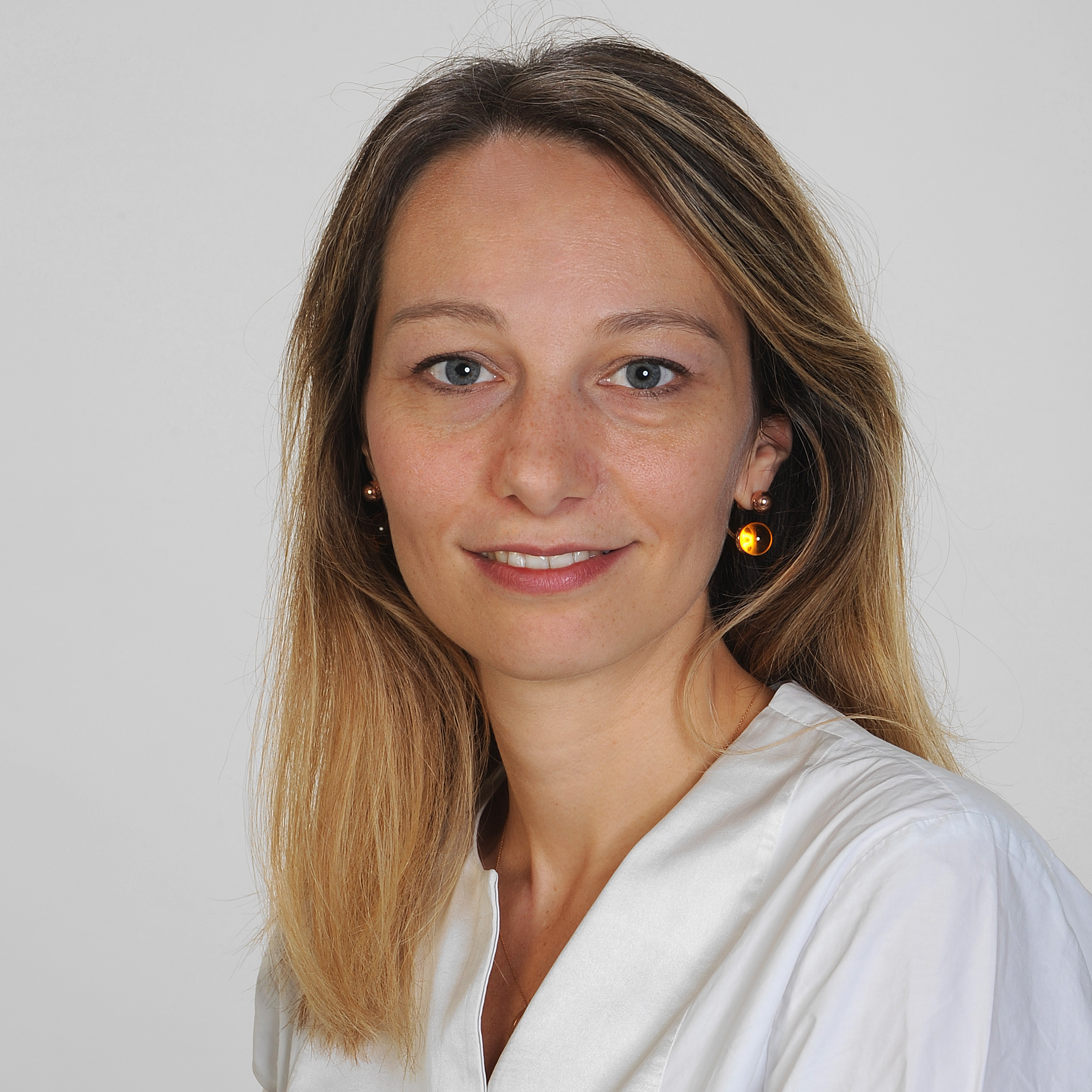
Chiara F. Magnani, Prof. Dr.
- Seit 01.05.2022: SNF-Professorin für Hämatologie und klinische Onkologie UZH
- Forschungsgebiet: Cancer Immunotherapy and Cell Engineering
Header

| 1998 - 2004 | BSc and MSc in Industrial Biotechnology with honors, University of Milano-Bicocca, Milan, Italy |
|
16.02.2004 |
Dissertation University of Milano-Bicocca, Milan, Italy Thesis title: Study of tumoral phenotype induced by k-ras and its reversion through dominant-negative Cdc25Mm expression in NIH3T3 |
| 2008 - 2010 |
PhD, in Translational and Molecular Medicine, San Raffaele Telethon Institute for Gene Therapy (SR-TIGET), San Raffaele Hospital, Milan, Italy Thesis title: Type 1 Regulatory T cells: Cytotoxic Activity and Molecular Signature, defense date: 17.12.2010, University of Milano-Bicocca, Milan, Italy |
|
2012 - 2014 |
Post-Doctoral fellowship at Tettamanti Research Center, University of Milano-Bicocca, Monza |
| 2015 - 2018 | Awarded Research Fellowship at University of Milano-Bicocca, Monza |
| 2018 - 2021 | Visiting Researcher at the Dept of Hematology and Clinical Oncology, University of Zurich, Zurich, Switzerland |
| 2019 - 2022 | Group leader awarded by the Directorate General of Health, Lombardy, at ASST Monza, Tettamanti Research Center |
| 2021-2022 | Fellowship awarded by the Förderung des Akademischen Nachwuchses (FAN) at the Dept of Hematology and Clinical Oncology, University of Zurich, Zurich, Switzerland |
| 01.05.2022 | SNF-Prima Assistant Professor at the Dept of Hematology and Clinical Oncology, University of Zurich and University Hospital Zurich, Zurich, Switzerland |
Wissenschaftliche Arbeit versus andere Berufstätigkeit: Weshalb haben Sie sich für die Wissenschaft entschieden?
I am an expert in basic and applied immunology and cell and gene therapy. I decided to work in this field because I have always been fascinated by the complexity of the immune system and how it protects us from disease. Gene therapy allows us to make our defenses more effective against different pathologies, including cancer.
Was gefällt Ihnen an Ihrer Arbeit und was ist das Besondere dabei?
I want to know how the immune system works to develop new cancer therapies. This process is extremely creative and valuable for our patients.
Gab es in Ihrer Karriere besonders prägende Durststrecken oder Misserfolge? Wie überwanden Sie diese?
Each step in my career required a great deal of effort: the completion of my Ph.D., the translation of a gene therapy protocol to the clinic during my postdoc and then, later, the establishment of my laboratory. It is crucial to identify and pursue clear goals without forgetting the big picture.
Welche Person / welche Institution hat Sie in Ihrem beruflichen Umfeld am stärksten unterstützt?
During my career I have had many mentors who have been clear examples of what I wanted to become. I have had the pleasure of working in a rich scientific environment during my Ph.D., in an institution committed to the care of children with leukemia during my postdoc, and now in a world-class research institution that uniquely integrates interdisciplinary research and international environment.
Hatten Sie (besondere weibliche) Vorbilder, die Ihren Werdegang beeinflusst haben? Welche?
My PhD mentor is Roncarolo MG, professor of stem cells and regenerative medicine at Stanford. I appreciated in her critical thinking, active listening and use of empowerment. She has inspired my passion for immunology, gene therapy and translation to the clinic.
Welche Massnahmen ergreifen Sie als Professorin, um den wissenschaftlichen Nachwuchs (insbesondere Frauen) am Institut zu fördern?
In my lab, I promote a culture of communication, shared vision, and inclusive leadership. I convey my expertise, the social importance of doing science, and my passion for research.
Welche Tipps geben Sie einer Jungforscherin auf den Weg, die eine akademische Karriere ins Auge fasst?
I recommend changing institutions, gaining experience abroad and networking.
Ist es aus Ihrer Sicht eine Herausforderung die Balance zwischen Forschung/der praktischen Arbeit in der Klink und der Familie/dem Privatleben zu halten? Wie gehen Sie damit um?
Indeed, it is a challenge to maintain a balance between research and private life, but at the same time having two environments helps to change perspective and react to stress. To manage both, it helps me identify the priorities and activities that matters most.